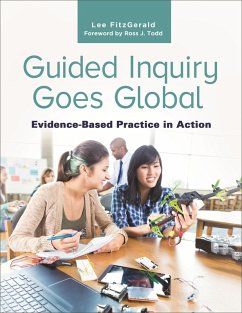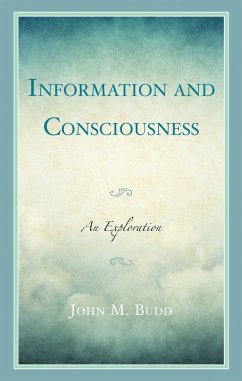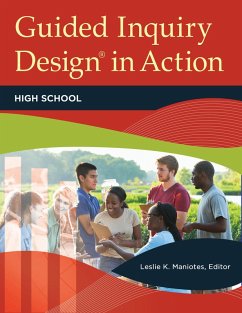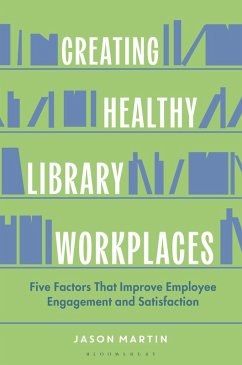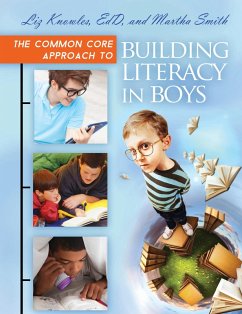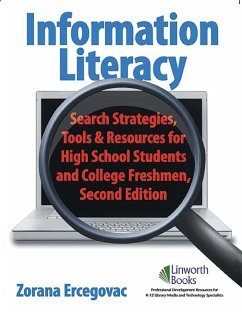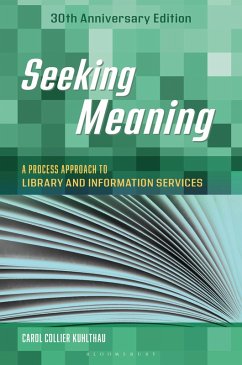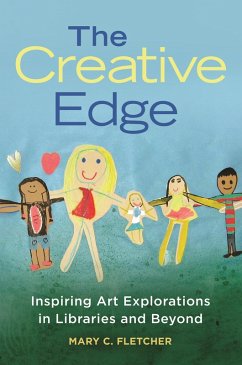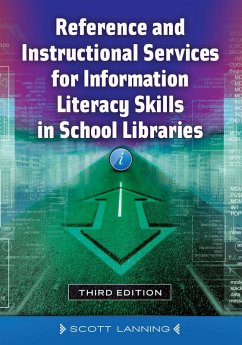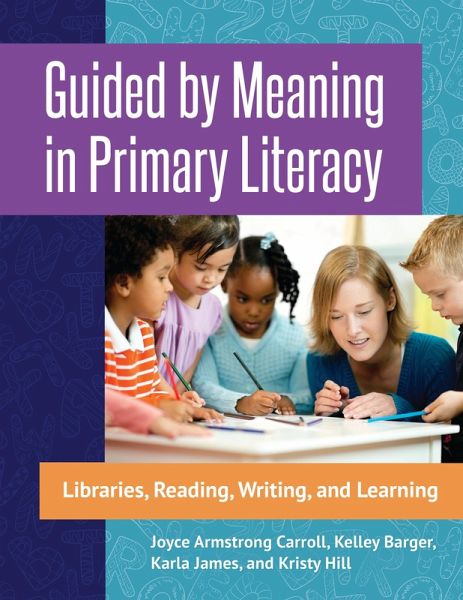
Guided by Meaning in Primary Literacy (eBook, PDF)
Libraries, Reading, Writing, and Learning
Versandkostenfrei!
Sofort per Download lieferbar
31,95 €
inkl. MwSt.
Weitere Ausgaben:

PAYBACK Punkte
16 °P sammeln!
Using a research-based approach, this book examines the critical connections between writing and reading, and it explains how to encourage early literacy in the classroom and library. How can teachers and librarians support true literacy in young learners? Are very young children guided by meaning in constructing their reality and their relationship to the world? What is the value of championing writing at the kindergarten level? Guided by Meaning in Primary Literacy: Libraries, Reading, Writing, and Learning answers these questions and many more, providing best practices in early literacy thr...
Using a research-based approach, this book examines the critical connections between writing and reading, and it explains how to encourage early literacy in the classroom and library. How can teachers and librarians support true literacy in young learners? Are very young children guided by meaning in constructing their reality and their relationship to the world? What is the value of championing writing at the kindergarten level? Guided by Meaning in Primary Literacy: Libraries, Reading, Writing, and Learning answers these questions and many more, providing best practices in early literacy through explicit lessons in writing and reading and demonstrating how the library can extend learning in deep and powerful ways. While some books emphasize reading, others emphasize writing, and still others focus on library instruction, this profound resource brings all of the components of literacy together in a meaningful way. Throughout the book, the authors highlight examples of student writing, anecdotes from the real world, and connections between theory and what happens in practical application. Unique in its thoroughness of content for this age group, this text is essential reading for all early childhood teachers and librarians working in schools and in public libraries with young children. The book also serves trainers working with teachers and librarians to increase their effectiveness in working with young children to promote early literacy.




